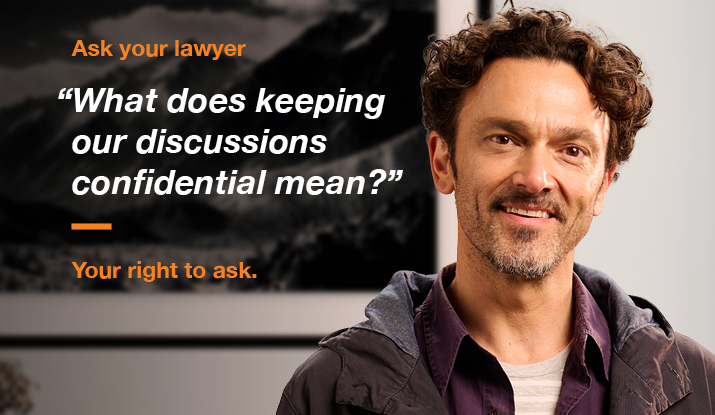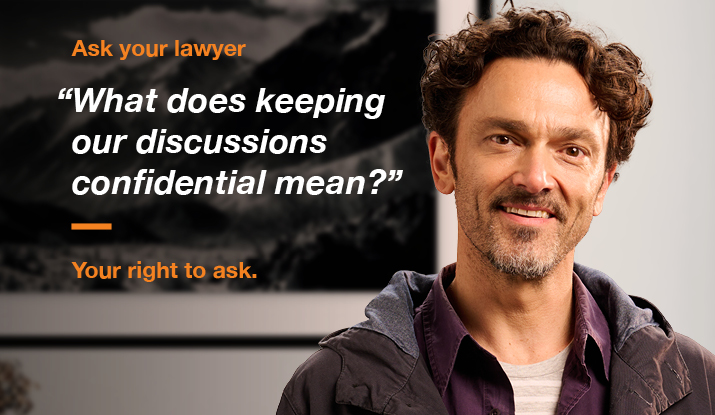

Before and at your first appointment
To get the most from your lawyer you’ll need a lawyer who has expertise in the type of legal issue you’re experiencingTo get the most from your lawyer you’ll need a lawyer who has expertise in the type of legal issue you’re experiencing, for example, personal injury, family law, or criminal law. You can double-check your lawyer’s expertise on their website or when you call for an appointment. You can also check our register of lawyers to make sure your lawyer is registered and if they have any disciplinary action. The Law Institute of Victoria also accredits lawyers in different areas of law.
There are also some limited low-cost and free legal assistance services if you can’t afford to pay.
You might need to speak to more than one lawyer before deciding who to hire.
Questions you can ask to find if a lawyer is right for you
- Do you have experience in managing cases like mine?
- What areas of law do you work in?
- Do you have any testimonials or reviews I can read?
It is important to ask your lawyer before your first appointment what (if anything) they will charge, and how long the appointment will last.
Many lawyers will offer a free initial appointment. At this meeting you can tell the lawyer what has happened and provide them with relevant documents. Anything they do after this appointment you will be charged for, including reading the documents you provide or doing things like property searches. If the first 30 minutes are free and your appointment goes over, you will be charged for the extra time.
Questions you can ask about what a lawyer might charge you for in the first appointment
- Do you charge for the first appointment?
- How long is the first appointment?
- What will we do in the first appointment?
- How much will it cost me for you to review any documents I give you?
To get the most from your first appointment, it’s important to prepare before you meet with your lawyer.
- Write a timeline of events and issues. For example, what happened, when and who was involved, any assets etc.
- Gather all relevant documents. For example, contracts, loan agreements, etc and put them in order
- List the issues you are worried about.
- Think about the outcome you want. For example, to have the issue fixed quickly.
- If you need, take a support person with you.
Questions you can ask your lawyer about preparing for the first appointment
- What should I do to prepare?
- What do you need from me?
- Do you offer any assistance like translation services or provide information in Easy English?
You don’t have to engage a lawyer just because you had an initial appointment with them. There may be reasons why the lawyer you saw is not right for you, such as:
- They didn't answer all your questions in a way that you understood
- Their services are too expensive
- They don't work in the area of law that you need
- You couldn't agree on how the case should be run
- You didn't feel comfortable with the lawyer
At any time, you can tell the lawyer that you don’t want to hire them. You should let them know as soon as possible, to avoid any additional costs. If you tell them by phone, make a note of the date, time and what you told them.
You can change lawyers after they have started working on your case. However, you will need to pay them for any work they have already done. If you don’t pay the lawyer for this work, they will not hand over your file to the new lawyer (known as a solicitor’s lien).
Questions you can ask your lawyer to see if they're right for you
- What experience do you have in cases like mine?
- What are my options in this situation? Which option do you recommend and why?
- What is the most likely outcome for my case?
- How will you manage my case? For example, will we go to court?
- How often will you update me on my case?
- Will you update me via phone or email?
- Who else will be working on my case?
- Will you be overseeing a junior lawyer?